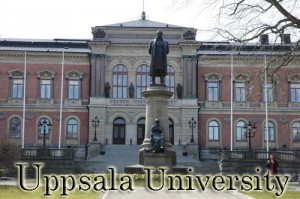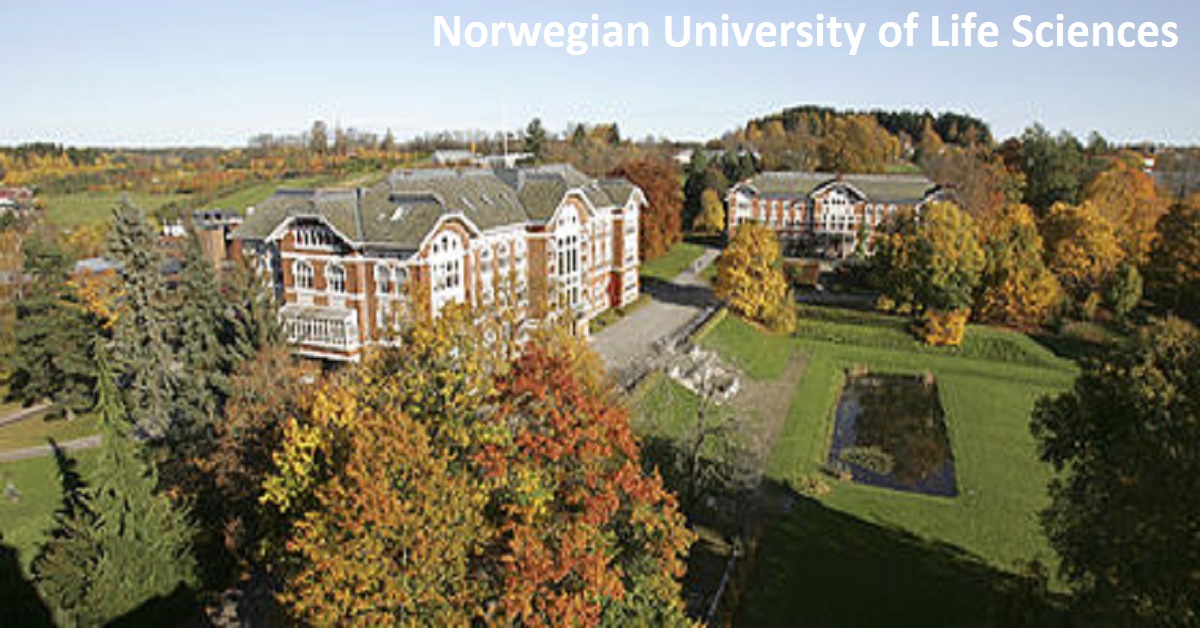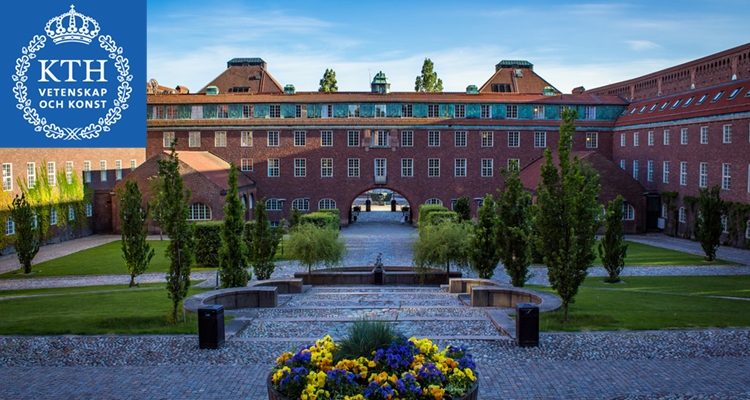Uppsala University is a comprehensive research-intensive university with a strong international standing. Our ultimate goal is to conduct education and research of the highest quality and relevance to make a long-term difference in society. Our most important assets are all the individuals whose curiosity and dedication make Uppsala University one of Sweden’s most exciting workplaces. Uppsala University has over 45,000 students, more than 7,000 employees and a turnover of around SEK 7 billion.
The Department of Organismal Biology teaches and explores the evolution, development and function on the organismal level. For more information see www.iob.uu.se.
The PhD position is available in Åsa Mackenzie´s research group where research is focused on neurocircuitry analysis of the subthalamic nucleus and surrounding brain structures of importance to motor, affective and associative functions. Our research is centered around uncovering neurobiological underpinnings of the network in which the subthalamic nucleus acts. Which neurons control movement, which ones regulate emotions? We use mouse transgenics and optogenetics to achieve high precision when unraveling brain pathways and their involvement in behavioral regulation. In addition to in vivo-studies, molecular biology and histology are important techniques. Our group is international and English is the language most commonly used.
Please visit our homepage for more information: https://www.iob.uu.se/forskning/jamforande-fysiologi/mackenzie-lab/
Duties/Project description: The subthalamic nucleus, which is part of the extended basal ganglia, is already a clinically important area but basic neurobiological knowledge is largely missing. Dysregulated activity of the subthalamic nucleus is strongly associated with several neurological and neuropsychiatric disorders, such as Parkinson´s disease and compulsive disorders, and stimulations of this nucleus aim at their treatment. However, it remains to fully uncover how the subthalamic area and its neurocircuitry is engaged in brain function and behavioral regulation. This, in turn, is important both to better understand brain physiology under normal circumstances and how to better prevent and treat brain disorders. This PhD project aims at decoding the subthalamic nucleus and its neurocircuitry both anatomically and functionally using viral-genetic methods including mouse transgenics and optogenetics, transcriptomics (RNA sequencing methods), tract tracing, histology, and behavioral assessment. Particular focus on molecular skills and viral-genetics methods in neuroscience. The project is experimental with focus on unraveling the correlation between neuronal populations and their functional roles.
Requirements: Completed university education of 240 university points (högskolepoäng, hp) out of which 60 hp on advanced level corresponding to master degree in relevant field (neuroscience, pharmacology, cell and molecular biology, experimental psychology, or similar). The ideal candidate is highly motivated to perform laboratory-based studies and possesses a strong interest brain function from the neurobiological perspective. Very good spoken and written English language skills. Specific emphasis is placed on personal qualities such as ability to communicate; planning, organizational and laboratory skills; accountability; accuracy.
Additional qualifications: In filling this position, the university aims at recruiting the person who, in the combined evaluation of competence, skills and documented qualifications, is considered the most suitable to carry out and the develop the project and to contribute to high scientific level and to positive development of the department.
Position: The PhD-student position is a 4-year full time appointment, and the candidate will primarily devote the time to his/her own research studies. Other departmental work, such as teaching or administration can be part of the position (maximum 20 %). Salary placement is in accordance with local guidelines at Uppsala University. The applicant must be eligible for PhD studies at Uppsala University.
Information about research education can be found at the web site of the Faculty of Science and Technology, http://www.teknat.uu.se/Doktorand/.
Application: The application should include:
- a letter of intent describing yourself, your research interests and motivation of why you want to do a PhD
- a short description of your education
- a CV containing all courses at university level
- a copy of your master degree and course grades
- the names and contact information (address, email address, and phone number) of at least two reference persons
- relevant publications (including your master thesis)
The application should preferably be written in English.
Rules governing PhD students are set out in the Higher Education Ordinance chapter 5, §§ 1-7 and in Uppsala University's rules and guidelines.
Salary: According to local agreement for PhD students.
Starting date: 01-09-2021 or as otherwise agreed.
Type of employment: Temporary position according to the Higher Education Ordinance chapter 5 § 7.
Scope of employment: 100 %
For further information about the position please contact: Åsa Mackenzie, asa.mackenzie@ebc.uu.se.
Please submit your application by 20 May 2021, UFV-PA 2021/1717.
Are you considering moving to Sweden to work at Uppsala University? Find out more about what it´s like to work and live in Sweden.
Please do not send offers of recruitment or advertising services.
Submit your application through Uppsala University's recruitment system.
Placement: Department of Organismal Biology
Type of employment: Full time , Temporary position longer than 6 months
Pay: Fixed salary
Number of positions: 1
Working hours: 100 %
Town: Uppsala
County: Uppsala län
Country: Sweden
Union representative: ST/TCO tco@fackorg.uu.se
Seko Universitetsklubben seko@uadm.uu.se
Saco-rådet saco@uadm.uu.se
Number of reference: UFV-PA 2021/1717
Last application date: 2021-05-20



